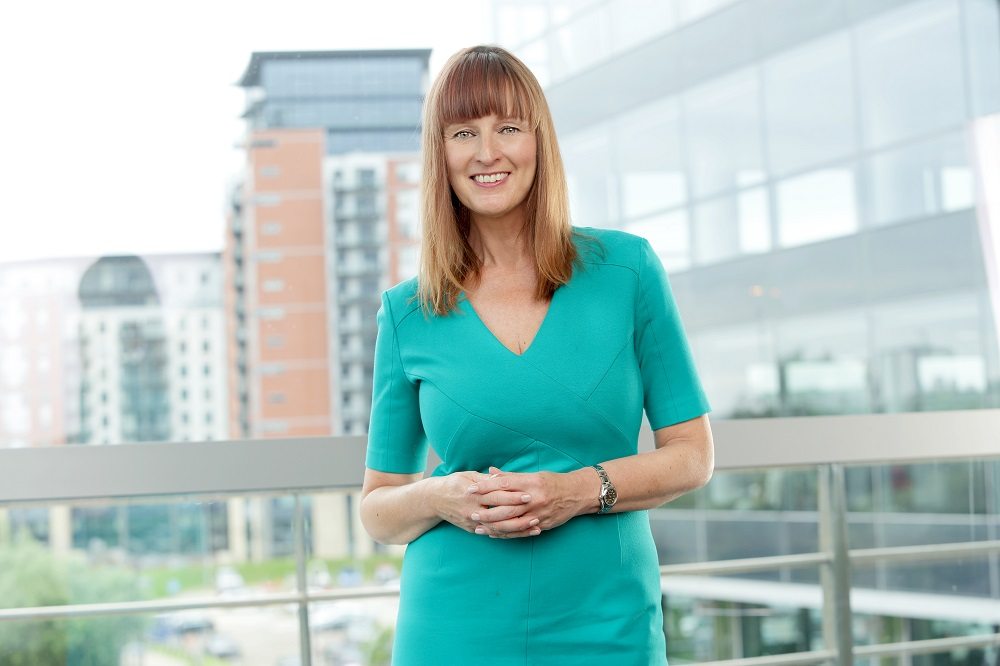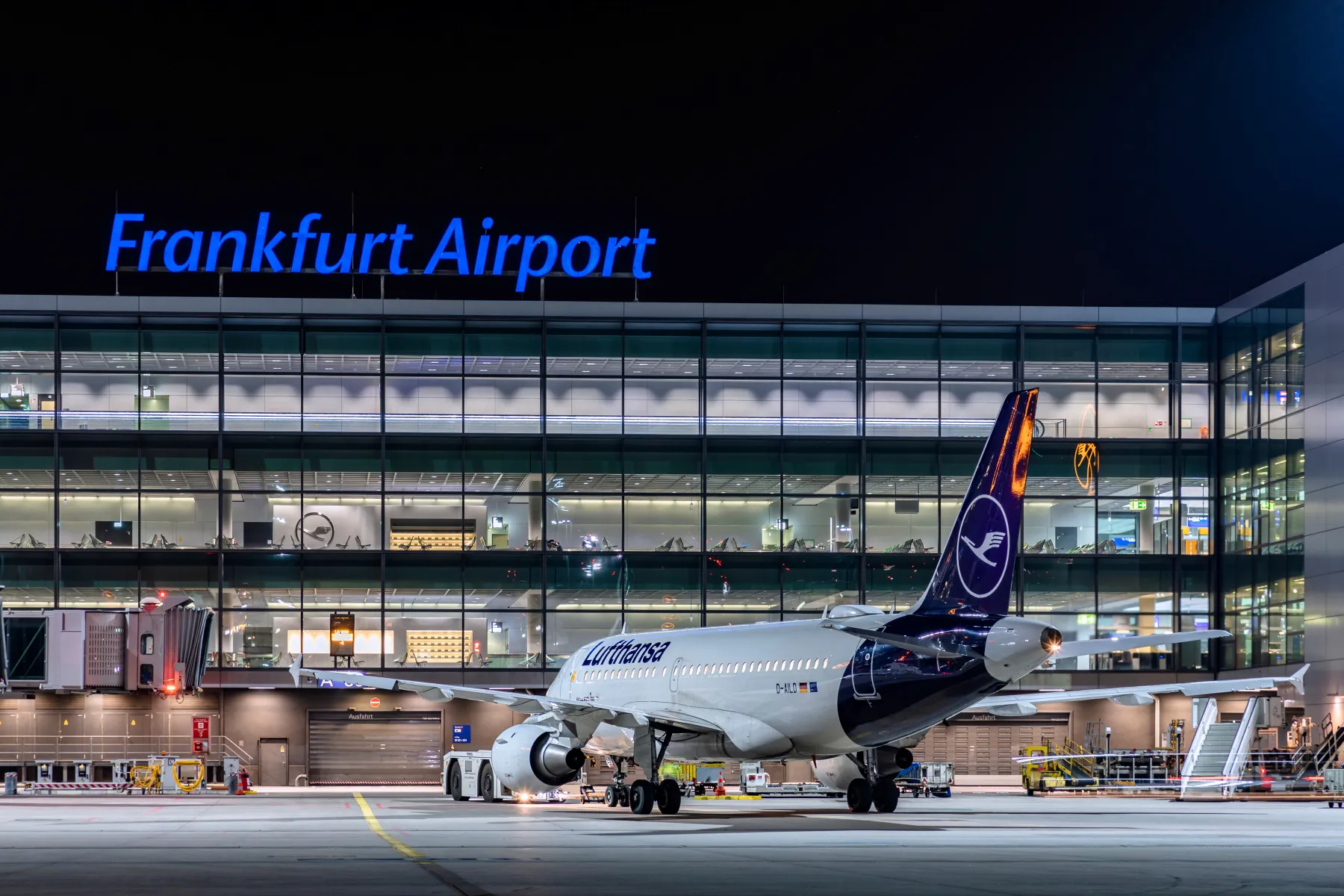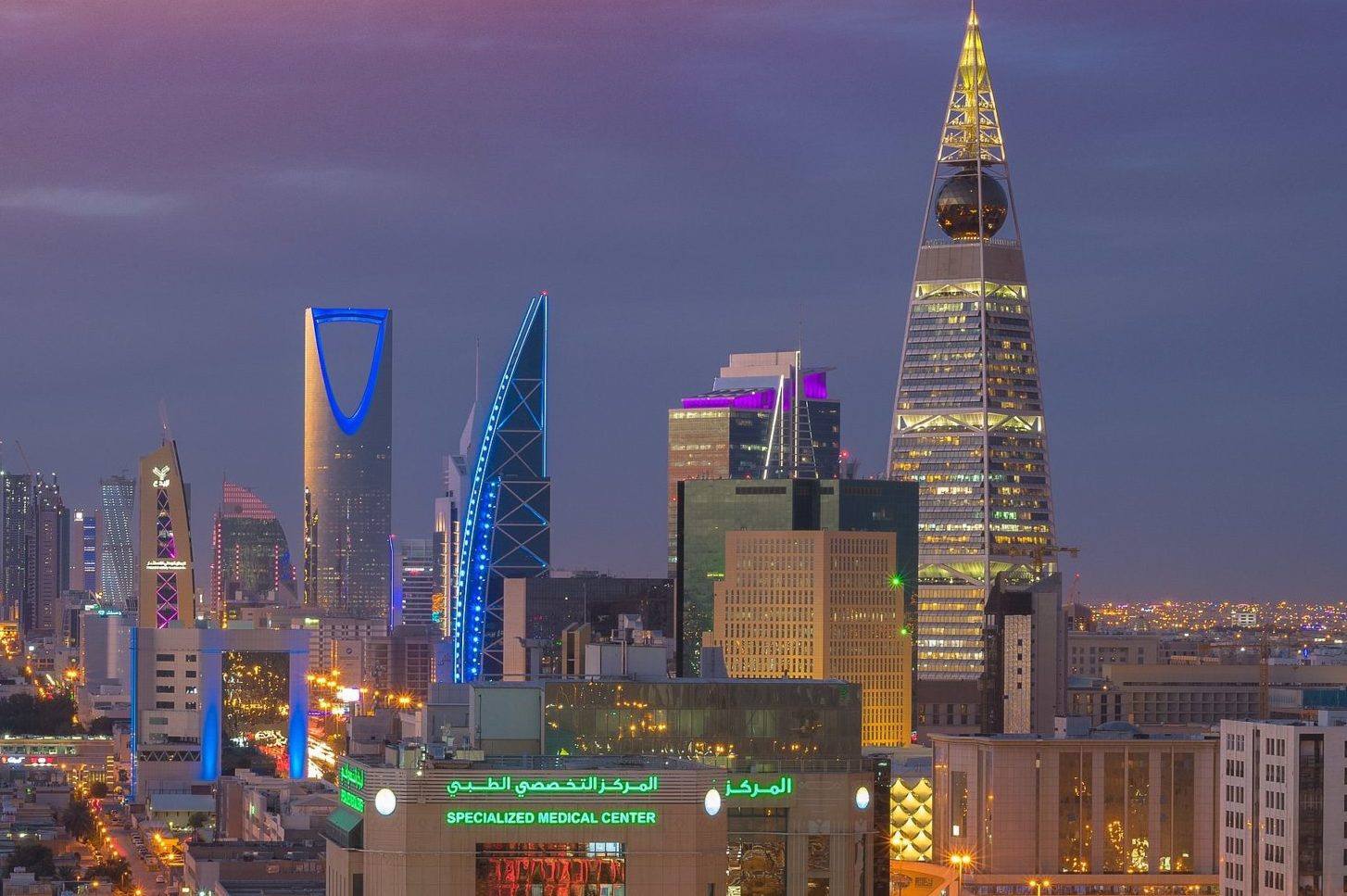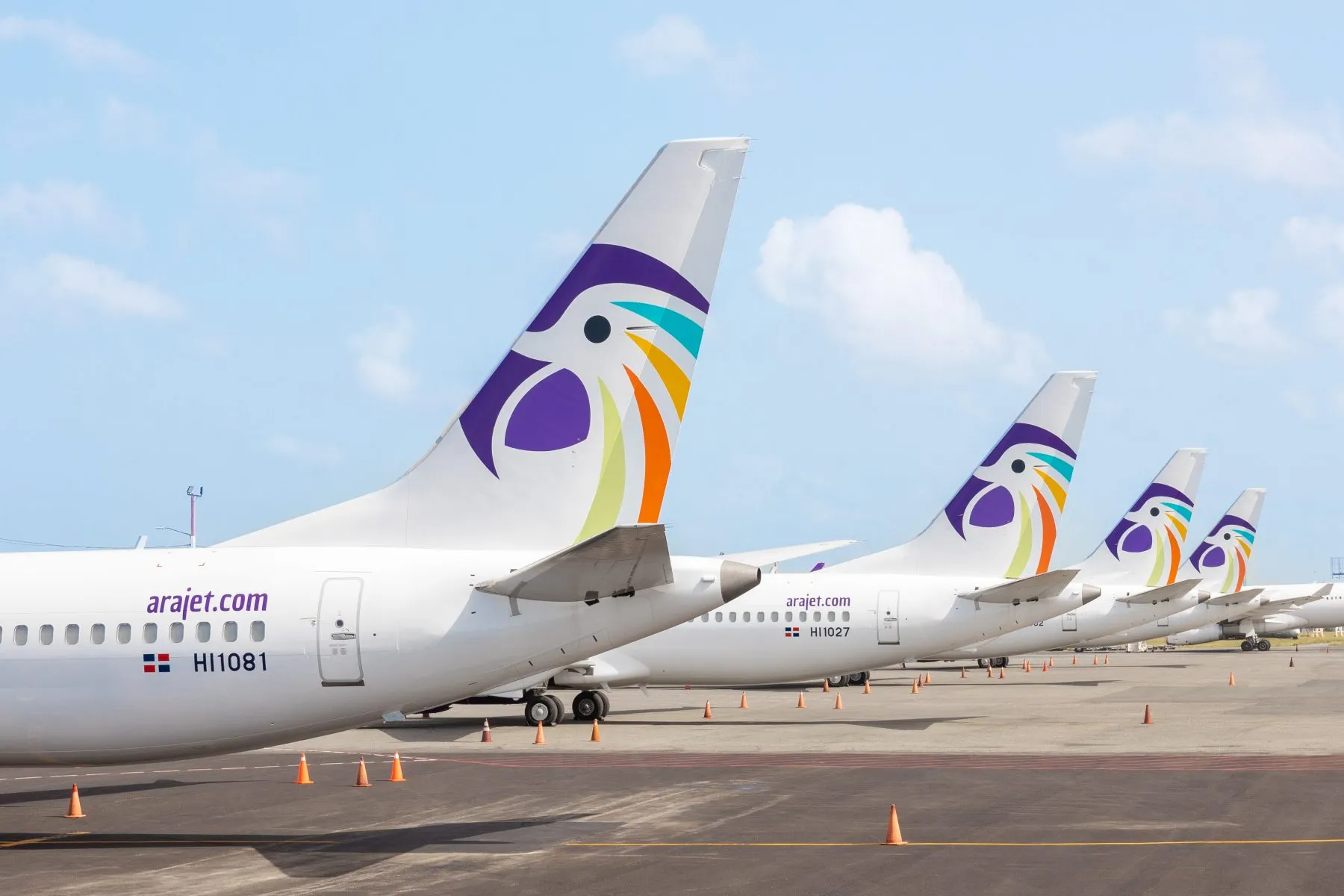Female Business Travelers Demand Equality From Their Employers

Skift Take
Maiden Voyage provides educational and support services to female business travelers as well as consulting for the travel companies hoping to capture that market. The company said in its Women in Business Travel Report 2016 that 31.4 percent of female business travelers globally have encountered sexual harassment while traveling.
Risks also extend to theft, assault, rape, and kidnapping. Then, with that on her mind, making constant micro-calculations about her surroundings, the female business traveler must do what what she actually came to do: meet a client, make a presentation, close a deal.
Some women struggle to even land professional opportunities that require travel because male supervisors know the safety risks and don’t want to deal with them, much less pay more for a safer hotel or taxis to avoid walking alone at night.
Maiden Voyage — established in 2008 and headquartered in Leeds, England with over 11,000 members worldwide — wants to level the playing field with a new set of video courses on five subjects: pre-planning and packing, safe ground transportation, hotel safety, intercultural awareness, and safe meetings and leisure time.
These 20-minute modules are interactive with maps, audio testimonials, and trivia questions. What percentage of women reported feeling vulnerable when traveling on public transport? 67 percent, according to research conducted by Maiden Voyage.
The company also inspects hotels and certifies those that meet certain minimum safety requirements, and offers training for hotel staff. Maiden Voyage has 70 "global ambassadors" who aid in researching and ranking safety at individual hotels.
These measures aren't just about making travelers more comfortable — they're also a legal obligation to protect a growing group of women. Research from the Global Business Travel Association shows that 37 percent of U.S. business travelers in 2016 were female, a slight increase from 35 percent in 2013.
"If something goes wrong, the company will need to be able to show in a trial that they took adequate measures to safeguard their travelers," Maiden Voyage CEO Carolyn Pearson told Skift. "That would be briefings and training and an audit trail of what they did to safeguard that trip, or maybe even a risk assessment. We know from the potential of the market that we've entered that probably 95 percent of people are failing on that already."
Skift spoke with Pearson to find out how companies can support their female business travelers without pandering, how supervisors can feel more confident selecting women to travel, and how corporate travel buyers are failing and succeeding in keeping employees safe. This interview has been edited for length and clarity.
Skift: Do you find that many women opt out of business travel? In the workplace if women worry about being seen as fragile or needing protection or being different from their male counterparts, how do you address that urge to avoid business travel altogether?
Pearson: We've spoken to lots of women who've not taken the next step because that entailed business travel. Obviously the first and foremost issue is how do they balance everything if they've got a family and kids and all of that. But also there is some genuine fear if they're traveling to areas where they're going to have to go by themselves and there is some concern that they just don't feel comfortable doing it by themselves. And so they don't apply for those next levels up.
But what we know from one of the Swiss pharmaceutical companies that we're speaking to is that they’re now getting candidates who are applying for jobs with those companies that entail travel. Now what are you going to do? What are your duty of care measures that you’ve got in place to make sure that I’ll be safe when I’m traveling on business?
Also, things like what standard of hotels will you put me in? Will I be flying in economy or business class? Am I allowed to fly in sociable hours and what about transfers? What ground transportation will you offer me when I arrive in a country?
Skift: I imagine transparency is always good in these cases.
Pearson: Yeah.
Skift: How can women inspire more confidence in their male bosses so they select women to go on the road more often, and do so more confidently?
Pearson: A lot of the travel security managers are ex-military, they served in Iraq or Afghanistan and places like that. They're kind of roughty toughty guys and women are getting into more senior roles. They're becoming more empowered and more vocal in the workplace. It's a fine line between having a conversation with a woman about the gender-specific travel risks and isolating her, feeling that she's been discriminated against and treated like the weak sex and patronizing a woman who's used to traveling around the world by herself.
Some guys refrain from having that conversation because unfortunately once or twice they've had their heads bitten off by somebody who's said to them, 'Don't talk to me like that. You wouldn't have that conversation with a male colleague.' It's tricky for the guys to get this right but I think the women have to also accept that they can play a part in that. If a man is offering some travel safety advice, he's not doing it because he's being an idiot. He's doing it because it's genuinely responsible. He's got legal and moral obligations for her safety and he's probably got a wife and daughter at home as well and so I think we should be a little bit less touchy about the fact that somebody's giving us that information, because complacency is really where the biggest risk comes from.
If somebody just said to me, 'Oh I see that you're going to Iran. Remember that you need to put a headscarf on when you enter Iranian airspace.' 'Oh yeah. Good point. I'll pack my pashmina,' for example.
Skift: You'll need support on both sides of the aisle because it's going to be a rare workplace where there are no male employees or no male leadership.
Pearson: Yeah. I speak at a lot of security conferences where it is 90 percent men. A lot of them do say to me you know they're really nervous about having these conversations, so they don't, and they know that they're failing in their duty of care by not having the conversations.
Skift: Do you see a difference in the way that business travel for women is handled in companies with managed travel programs versus unmanaged programs?
Pearson: No. It's really interesting because we're starting to see companies now putting a question in the RFP asking the TMCs [travel management companies] what they do to safeguard female business travelers, and we had a TMC say to us that they lost a multimillion pound deal with a company because they didn't adequately answer that question. The clients want it but the TMCs haven't really thought about it yet. We work with one or two TMCs but actually I was speaking to a travel conference yesterday of TMCs and they said to them, 'Put your hand up if you are already considering the gender-specific needs of your travelers.' About 10 percent maximum put their hands up. The travel managers, I guess, are a little bit more savvy around the wants and needs of their travelers than the TMCs are.
Skift: Let's switch gears just a bit. I'm wondering if such political events like Brexit or maybe President Trump's travel ban are having a special effect on female business travelers?
Pearson: Brexit means companies are having to trade further afield. Whilst women may be experienced in traveling within Europe, and of course we've got the border controls where we can just sail through, we're going to have to travel further afield maybe to achieve that same amount of imports and revenue. Therefore, that means by nature that we'll be traveling to areas which are more culturally diverse and therefore, longer time at passport. You've got one woman actually who was saying to us that whenever she travels she gets stopped and cross-examined while her male colleagues don't. Yeah, definitely there'll be the differences in terms of, knowing what the cultural differences are, adhering to them, and also the extra step of maybe more cross-examination at borders.
Skift: What can women do about the fact that being safe on the road — for example staying in a more secure hotel, taking taxis at night, maybe hiring a guide or a translator — is more expensive than being unsafe?
Pearson: It's interesting because the travel manager, the guy who does the deals with the hotels or with the TMCs typically, I would say 85 percent of those travel managers are only concerned with cost and compliance to the travel policy. The savvy ones, the top 15 percent are the ones that actually say, 'No, I'm also responsible for duty of care.' If they're concerned only with cost and compliance then they're going to by nature not be looking at duty of care, which is therefore going to give people less of a reason to comply to a travel policy.
If a travel manager gets that duty of care is part of his job as well, then that's absolutely fine, but if they don't, then of course they're going to be putting women and all their travelers potentially in more unsafe situations. But if something does go wrong the overall cost to the company of course is massive because it impacts everybody. Impacts the reputation, the actual cost of the person that's left or has been injured or refusing to come back or the insurance issues around that, the connected PR possibly, the time spent within HR.
Sometimes it doesn't make sense to save 10 pounds. Actually when I'm speaking to the TMCs I like to talk about the total cost of the trip. If the travel manager is saying, 'Well, I want you to put a rate cap of $200 in Manhattan,' and for whatever reason the rates are really high in this certain area because there's something going on and people are having to stay further away, then they're going to spend extra in cabs anyway, and so the total cost of the trip might be higher because they've tried to stay on budget with the hotel. Of course, the risk goes higher because they're staying out of town.
Skift: Corporate travel executives talk a lot about disruption from sharing economy services. How have Uber, Lyft, Airbnb, VRBO etc. affected female business travelers? Are women more or less worried about safety?
Pearson: What I can see, because I spent some time looking behind the scenes of Airbnb and Uber, is that they massively want the corporate market. They're willing to change their systems and their processes and their models to tap into the corporate markets. Of course, it's a massive growth area. What I know is that a lot of travelers are using these services anyway. Whether or not they're using them through the corporate travel systems is another thing. But actually again with the more savvy companies, if they know that their staff are using these services then they're better off bringing them into the travel program because then if they use the business ready solutions of Uber where you've got higher insurance or Airbnb where you've got a better standard of property, then it's the safer thing all around.
Skift: Last year I wrote a story about hotel rooms created specifically for female travelers, and in that research I saw that there are a couple of different ways to approach that product. The cheaper way is to put some amenities in the room that are generally accepted to be female-friendly, maybe fresh flowers, chocolates. I've seen free pantyhose, rooms painted pink. The more difficult and expensive way is to look at safety, for example, how secure are these rooms on the first floor?
To that end, how do we serve female business travelers without falling into the 'pink room' trap, without pandering?
Pearson: What we found is that hotels that really want to work with us, they've got a minimum criteria that they need to adhere to. The big one is double locking doors, so [they need] a separate chain on the door so no one can get in once you're in, or at least you can be alerted to the fact that somebody else is trying to get in. We found the hotels that want to do that are actually putting the second locks in now. In the past we used to inspect hotels. My heart would sink when I'd come across one that didn't have double locking doors although it's got everything else, but literally nowadays the hotel is saying if we come across a room that doesn't have a double lock, we'll put it in because we really want to work with you because they see the value of the growing female business travel market.
But actually we know some TMCs that don't even work with hotels that don't have double locking doors. I don't think women need any extra security. I think double locking doors are also important for men, but the implication of a man walking into a room when there's a woman there is obviously that the risk is higher for her than it is for a man because women are more frequently sexually assaulted or sexually harassed.
You must probably point to the incident that happened with Erin Andrews, where she was filmed through a hotel spyhole.
Skift: Yes. Erin Andrews eventually, after a very long legal process, was compensated for that. That was a very important case.
Pearson: If you look back as to how that happened, he actually called the hotel, I believe, and said that they were colleagues and they were traveling together. Obviously hotels get phoned all day, every day, so it's probably very easy for that to happen and for it to be viable 99 percent of the time, but I guess if you've got a high-profile female you might want to check that with the person responsible for the booking.
Skift: It's shockingly easy for these incidents to happen. We see that in these new educational videos you've created, with the audio testimonials. Particularly I remember from the demo this woman who was being lured by a man to stay in his hotel room.
Pearson: Yeah. I think what we want to achieve by our training, whether it's the classroom training or the e-learning, is that you've already thought about a plan B and a plan C. What we find is that risk escalates really quickly, and so if something goes wrong, if you've got a plan B then it stops there, whereas if you have no plan, your emotions are heightened, the chemicals in your body and your brain are heightened and then you're not thinking logically. You're making mistakes and then that's when things can really go wrong.
We had one woman who arrived in Lagos and the driver didn't appear and she was terrified. But if she'd gone through our training, there's a thousand things that she would have done beforehand. She would have the number for the company. She would have had the number for the office. She would have had a backup solution in place, all of those kinds of things so that she's, 'OK, the driver hasn't turned up. I still haven't run out of options. I've got all these other things I can do.'
Skift: The hour at which you arrive in a new place is crucial. I think it was astute to have an entire module devoted to: My plane has landed, how am I getting from the plane to my hotel? Or from the plane to the convention?
Pearson: Yeah. I have a story. Yesterday, two women who were sexually assaulted before they'd even left the airport.
Skift: Oh my goodness.
Pearson: In Egypt, in the ladies toilet.
Skift: Goodness, well this is why your company exists.
Pearson: Yeah, sadly. I wish we were just around to make business travel social and it was naturally safe.




